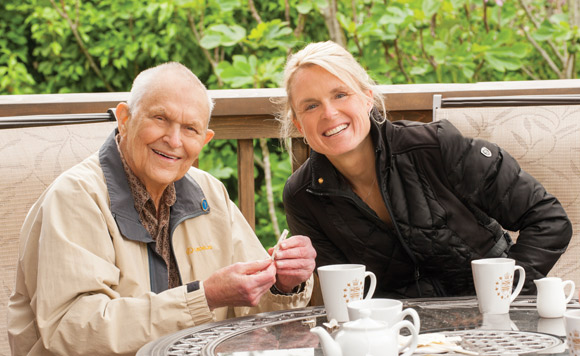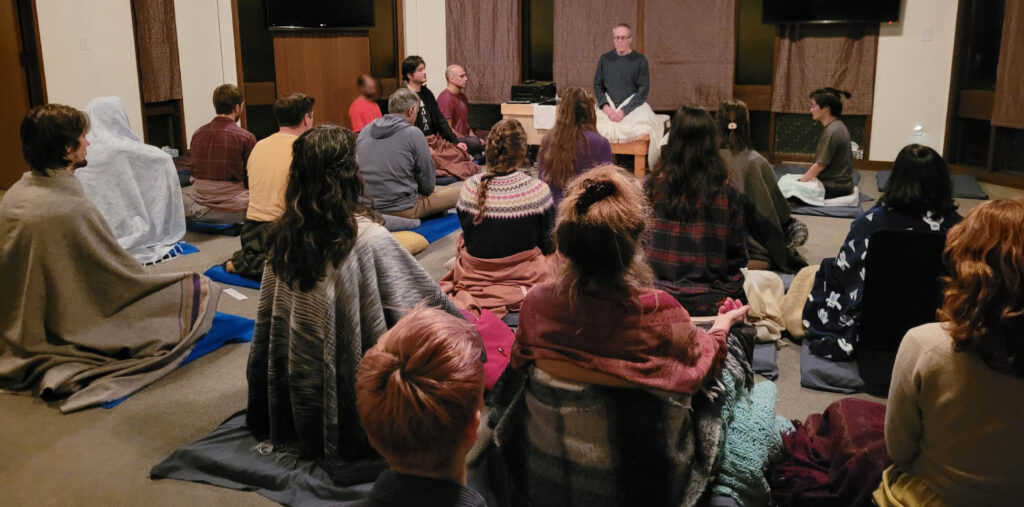The news has two objectives: to report what’s just happened and to rehash, in the most sensational terms, what is apparently always happening. Like the obesity beat, the ‘what gives you cancer’ beat or the housing crash beat. What about the WWII veteran beat? After interviewing Rudi Hoenson for Seaside’s Can We Talk article (page 24), everything changed for me.
You’ll often hear me say “things happen for a reason” and with this we can learn some life lessons. But you have to be present for it, want it and then learn from it. I’ve discovered so many lessons from Rudi that I’m not really sure where to start. One that I think is most relevant is that Rudi taught me that it’s not just about how to fight a war, but it’s how to live a life. He is never preachy, never full of himself. Rudi knows that he participated in something great and special but he remains very humble about himself. Rudi fought hard 70 years ago against the Japanese in the Indonesian jungle before he and 500 Dutch soldiers were caught and imprisoned. He remained a prisoner of war for three and a half years, until U.S. soldiers showed up a month after the war’s end in 1945.
With the exception of his slight hearing loss, you would never know that there was a 43 year difference in age between us. How remarkable is that? He speaks with such proficiency, yet is playful when the time is right. He walks with distinction and lights up a room with his engaging and enduring smile. We talked together like old friends. I asked Rudi about the wars today and he closed his eyes, bowed his head and remained silent, as in disbelief over what’s going on around the world. From what I’ve researched, the 20th century was the most murderous recorded in history so far, with the number of deaths caused by or associated with its wars estimated at 187 million, the equivalent of more than 10% of the world’s population in 1913. Conflicts in the 21st century are going to look much different from those of the century before. The two wars launched in response to 9/11 – one justifiable in Afghanistan and the other unjustifiable in Iraq – are likely to be the last examples of 20th century-style warfare: large scale multi-year conflicts involving ground invasion of one country by another. The 21st century warfare is more likely to be fought on the digital frontier, or by Special Forces. Among the majority of the world’s nearly 200 states, conflicts are much more likely to take place within states than between them. It’s really about people against people now.
Why all this talk about war? Well, it’s not so much about the war, as the prospect that a century of peace is very remote. It’s more about what we can learn from those that have endured the trenches. Even though Rudi and I only shared a few memories of his time in war, it was just enough. The Second World War was arguably the most significant period of the 20th century and we only have about another decade to appreciate all that these veterans did for us.
I’m the luckiest person to have met Rudi as he has reminded me of the life I want to lead. It’s made up of forgiveness, kindness, compassion, appreciation and lots of love.
Hugs to all the fathers this Father’s Day!




